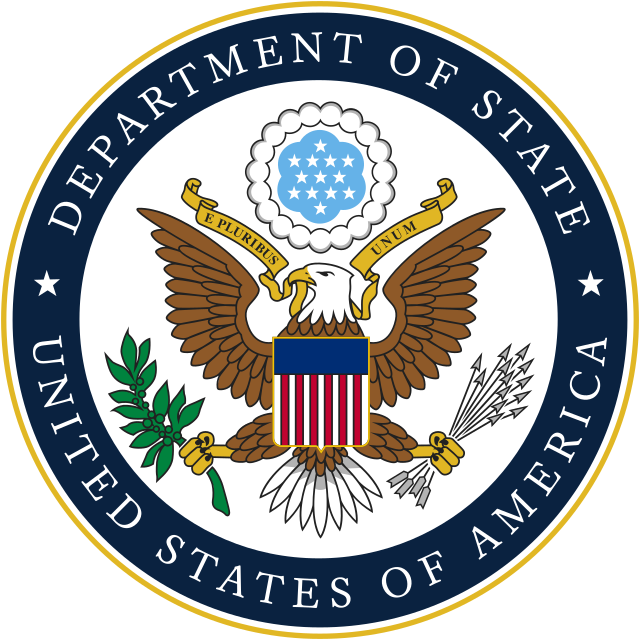On September 4, 2024, senior officials from the United States and the Republic of Korea (ROK) met in Washington, D.C., for the fifth meeting of the Extended Deterrence Strategy and Consultation Group (EDSCG). This key forum is aimed at discussing security strategy and policy in response to growing threats from North Korea. The meeting was led by Under Secretary of State for Arms Control and International Security Bonnie Jenkins and Acting Deputy Under Secretary of Defense for Policy Cara Abercrombie on the U.S. side, and by First Vice Minister of Foreign Affairs Kim Hong Kyun and Deputy Minister for National Defense Policy Dr. Cho Chang Lae for South Korea.
At the center of the discussions was North Korea’s ongoing missile launches and its continued pursuit of weapons of mass destruction, which both sides described as dangerous and irresponsible. The U.S. and South Korea expressed grave concerns over the DPRK’s behavior near the demilitarized zone (DMZ). “The DPRK’s reckless actions along the DMZ have raised the risk of unintended escalation on the Korean Peninsula,” both governments said in a joint statement. They further reaffirmed their commitment to the complete denuclearization of the Peninsula, emphasizing that these activities violate United Nations Security Council (UNSC) resolutions.
A major focus of the talks was how to counter North Korea’s evasion of international sanctions. Both nations pledged to enhance their coordination on addressing these challenges, including the North’s use of cyberattacks. “We are committed to bolstering deterrence against North Korea’s nuclear and non-nuclear threats,” the statement continued.
The United States reiterated its strong support for South Korean President Yoon Suk Yeol’s diplomatic approach towards North Korea, in line with the ROK’s Audacious Initiative, a plan aimed at opening dialogue with the DPRK. Both countries agreed that diplomacy remains a key path to resolving tensions and affirmed that they are open to talks without preconditions. “We remain committed to a peaceful resolution and open to dialogue with North Korea,” U.S. officials stated.
Another topic of concern was the growing military cooperation between North Korea and Russia. Both nations condemned arms transfers between the two countries, which are violations of UNSC resolutions. “We will closely monitor what Russia provides to the DPRK and urge both to comply with international law,” the U.S. and South Korea stated. They discussed potential measures to address the security challenges posed by this cooperation.
The meeting also covered broader strategic issues, recognizing the interconnectedness between the Indo-Pacific and Euro-Atlantic regions and their impact on global deterrence strategies. Both sides acknowledged that non-nuclear threats, including the rise of emerging technologies, could significantly impact the security of the alliance. They emphasized the importance of leveraging these technologies to enhance their joint deterrence and defense postures.
During the meeting, U.S. officials reaffirmed their “ironclad commitment” to using the full range of military capabilities, including nuclear deterrence, to defend South Korea. They stressed that any nuclear attack by North Korea would result in “a swift, overwhelming, and decisive response.” They also made it clear that a nuclear strike on the U.S. or its allies would be “unacceptable and lead to the end of the regime.”
The U.S. and South Korea also praised the Nuclear Consultative Group (NCG) for the progress it has made in its first year, particularly the completion of the NCG Guidelines, which outline how the alliance will respond to nuclear threats. For the first time at the EDSCG, the two nations conducted a scenario-based discussion to strengthen policy planning and coordination in the face of an increasingly challenging security environment.
Recognizing the mounting regional threats, both countries committed to continuing their close cooperation to ensure that their strategies and defense postures contribute to peace and stability in the Indo-Pacific region. “We are committed to maintaining regional security and stability,” officials said.
The meeting concluded with both sides highlighting the importance of continued cooperation in countering foreign disinformation, particularly about extended deterrence. They pledged to keep using all available diplomatic, military, economic, and informational tools to strengthen the U.S.-ROK alliance.
After the meeting, officials from both nations met with Deputy Secretary of State Kurt Campbell and applauded the success of the EDSCG in enhancing security coordination between the two countries. They also visited the National and Nuclear Risk Reduction Center to review progress made in strengthening deterrence strategies.
The next high-level EDSCG meeting is scheduled for 2025, where the two countries will continue to build on their efforts to counter North Korea’s threats and maintain regional stability.




